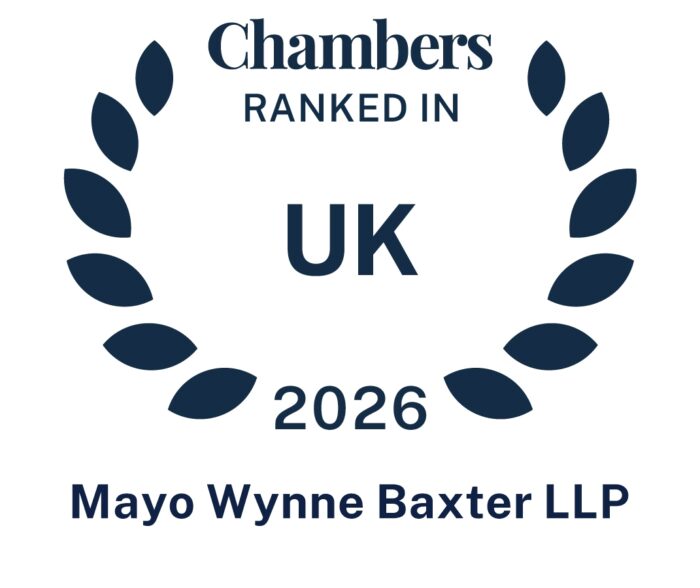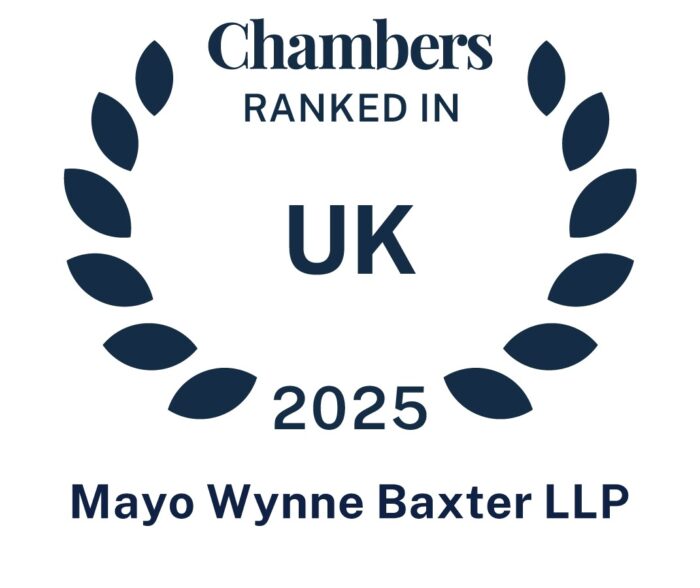
Collaborative Family Law Solicitors in Sussex
Ending a relationship can feel incredibly overwhelming, but you don’t have to face it alone. As experienced collaborative family law solicitors in Sussex, we support clients in resolving issues such as divorce, financial arrangements and childcare plans in a respectful and constructive way. Our collaborative approach helps you navigate this difficult time with clarity, dignity and practical legal guidance.
Jump to section...
What is Collaborative Family Law?
Collaborative family law is a way of finding a solution to family issues and requires a shared aim to avoid litigation.
It is a process where both you and your partner or former partner have a collaboratively trained family lawyer. During this process, everyone involved shares a commitment to avoid litigation by signing an agreement at the outset not to go to court, other than by a later agreement. The aim of this agreement is to reach a fair, mutual and equitable settlement.
A collaborative law approach is taken through a series of informal discussions and meetings for the purposes of settling all issues. The meetings are known as “4-way meetings”.
Contact our Collaborative Family Law Solicitors today
At Mayo Wynne Baxter, our team is experienced in Collaborative Family Law. We can discuss your circumstances with you to confirm if the process could be a suitable option. If you’d like to find out more about our fees and the collaborative process, contact us today.
Our specialist collaborative law solicitors look after clients across Sussex, with offices in Brighton, Chichester, Crawley, Eastbourne, East Grinstead, Lewes, Seaford, Storrington, Tunbridge Wells as well as London.
What issues is Collaborative Law used for?
When relationships break down, this process can be used for a range of issues, such as:
- Divorce or civil partnership dissolution – including living arrangements and agreeing on arrangements or parental access for your children.
- Financial arrangements – working out financial agreements after you have separated from your partner, including any financial support or maintenance payments
- Childcare arrangements – including where they will live and child maintenance payments.
- Co-parenting – setting out co-parenting plans for same sex parents.
Benefits of Working With Collaborative Family Lawyers
The end of relationships is a stressful time and can be very upsetting. If you and your former partner can agree to work together respectfully and honestly for the best interests of all members of your family, this method is more often than not successful, can be better value for money and less stressful than going to court.
Collaborative law allows you to achieve the following:
- To focus on what is important to you and resolve matters quickly.
- You and your partner will be in control of the process and will have a voice.
- Two collaborative lawyers will work together with you rather than in opposition to each other.
- Children can benefit as the process will focus on children and childcare arrangements first.
- A more flexible and creative solution adapted to your specific and individual needs.
- A straightforward process that minimises the opportunity for misunderstanding.
- Enhanced communication through the process and to lay the foundations for a healthy relationship afterwards.
- To provide a very powerful message for children as they will see their parents resolving differences constructively together.
What’s the difference between Collaborative Law and the traditional court process?
First and foremost, if the court becomes involved in the process of resolving your financial and children matters, the results of the case will be dictated by a judge and you might have to give evidence. Collaborative law ensures that both you and your former partner have a voice and are in control of the process.
The other main differences from going to court include knowing the process will be confidential – the court process has been recently opened up to allow the presence of the media – and in avoiding court, this process can be less costly and better value for money, particularly if you can agree to long-term solutions.
The collaborative law process is very future-focused, with the aim of you working with your partner, not against them. You will benefit from the strength of two lawyers working together to achieve a fair and equitable solution, rather than in opposition to one another. In court, the heightened atmosphere can mean the process often becomes a battleground.
Are other experts involved in the Collaborative Law Process?
If appropriate, yes. The collaborative process takes an interdisciplinary approach, as separation and sorting out family issues is not just a legal process.
There are some additional experts you may benefit from throughout this process:
- A family consultant – these experts can assist in improving communication skills or thinking about the psychological and social pressures associated with separation.
- A child specialist – if you are a parent, it can be useful to involve a child specialist to help you understand the impact of your separation on the children and to talk about any issues directly related to them. Child specialists can act as advocates for your children, identify and explain any developmental needs or help you if children are struggling with what is happening.
- A financial advisor – called a financial neutral in the context of the collaborative process a financial advisor can analyse the overall financial position of you and your partner and help everyone work towards a realistic and viable solution.
No collaborative family lawyer can guarantee that this process will be 100% effective in resolving your issues. However, there is every chance the process will work if you are both committed to being respectful and honest and have the drive and determination to resolve the issues that are important to you.
Talk to our friendly solicitors today
Or request a call back and we’ll guide you through the process
Our other collaborative law services
Why choose Mayo Wynne Baxter
We are a family law solicitor that prioritises client care and providing expert, bespoke legal advice on all family law issues.
- Personalised and compassionate approach
- Specialist team of family law solicitors
- Strong focus on client satisfaction and accessibility
- We provide personalised advice and support throughout the whole legal process

Our Memberships and Awards
Collaborative law FAQs
Collaborative law may not be appropriate where one party refuses to participate in good faith or where there are serious safeguarding concerns. A solicitor can advise whether the process is suitable in your circumstances.
The collaborative discussions themselves are not court orders. However, once agreement is reached, it can be formalised into a legally binding consent order approved by the court.
In a collaborative law divorce, each party instructs a collaboratively trained solicitor. The parties and their solicitors attend structured “four-way meetings” to negotiate financial and childcare arrangements. If the process breaks down and court proceedings are started, the collaborative solicitors must withdraw from acting.
Collaborative family law is a voluntary dispute resolution process where separating couples work with collaboratively trained solicitors to resolve issues without going to court. Both parties sign a participation agreement committing to attempt settlement through meetings rather than litigation.
When relationships break down this process can be used for a range of issues, such as: Divorce or civil partnership dissolution – including living arrangements and agreeing on arrangements or parental access for your children. Financial arrangements – working out financial agreements after you have separated from your partner, including any financial support or maintenance payments Childcare arrangements – including where they will live and child maintenance payments. Co-parenting – setting out co-parenting plans for same sex parents.
Our Latest News
Neurodiversity in the Family Justice System: A Welcome Step for Families and Practitioners
18th February 2025 read more >Congested Courts and Delayed Hearings- Why not opt for a Private FDR?
13th December 2024 read more >Key takeaways for Private Wealth Clients – 2024 Autumn Budget
31st October 2024 read more >See more articles >
Our law firm is here to help you and guide you through the legal process. We pride ourselves on providing exceptional service from outstanding people.
If you would like to speak to a member of our team, please fill out the enquiry form. We will aim to reply to your query within 4 business hours.
Need to speak to someone sooner?
Call us: 0800 84 94 101
What to Expect When You Contact Our Family Law Team
Once you have completed the enquiry form and indicated when you would like to be contacted, our family law solicitors will call you at the prearranged time to discuss your situation. This call will take place within four business hours of you contacting us. For example, if you contact us at 4.30pm on a weekday we will call you before 11.30am the next business day. Please note our offices hours are 8.30am to 5.30pm, Monday to Friday.
We offer expert, compassionate advice to help you navigate family legal matters with clarity and confidence.
Our aim is to make the process as easy and uncomplicated as possible for you.




